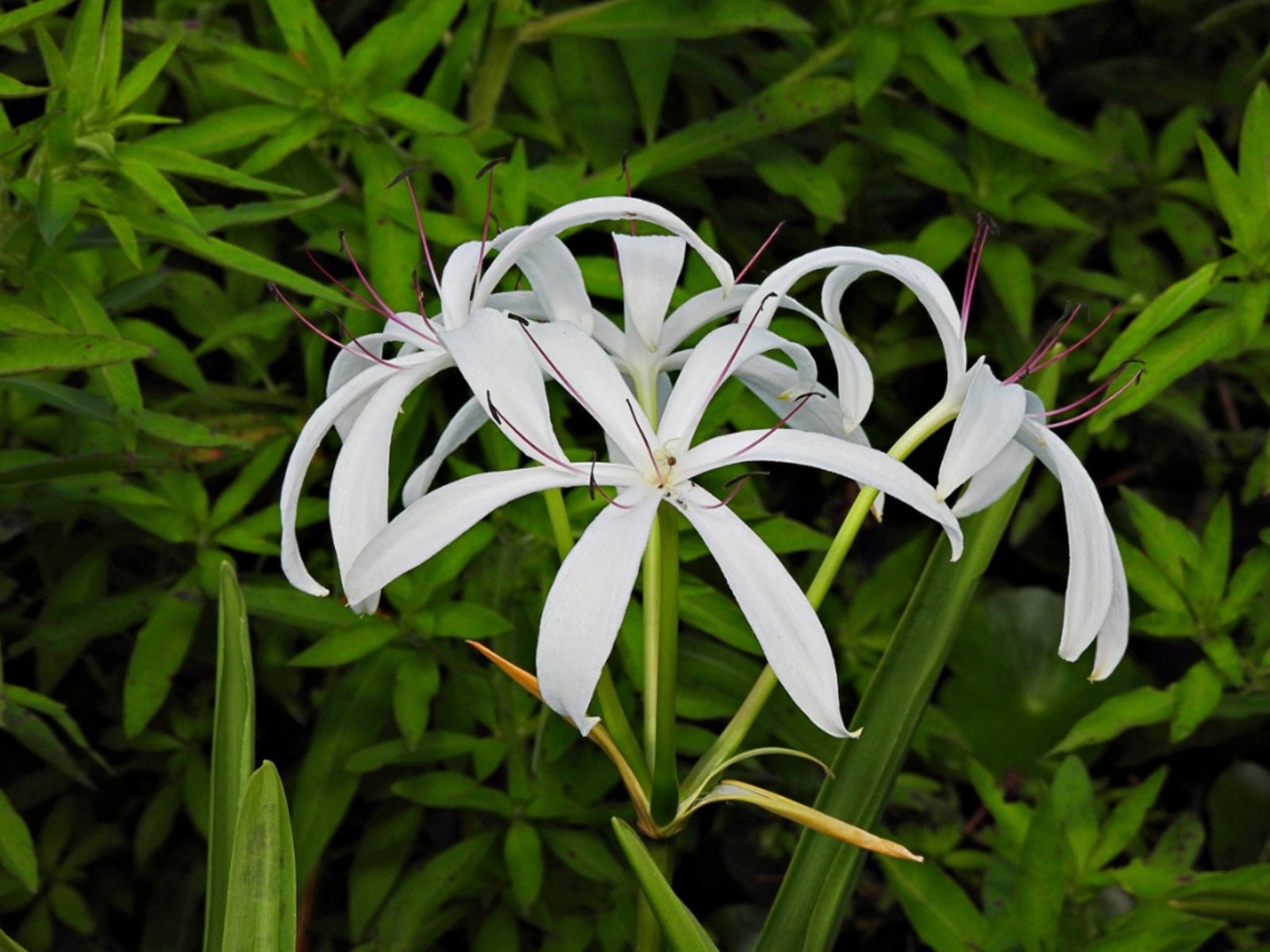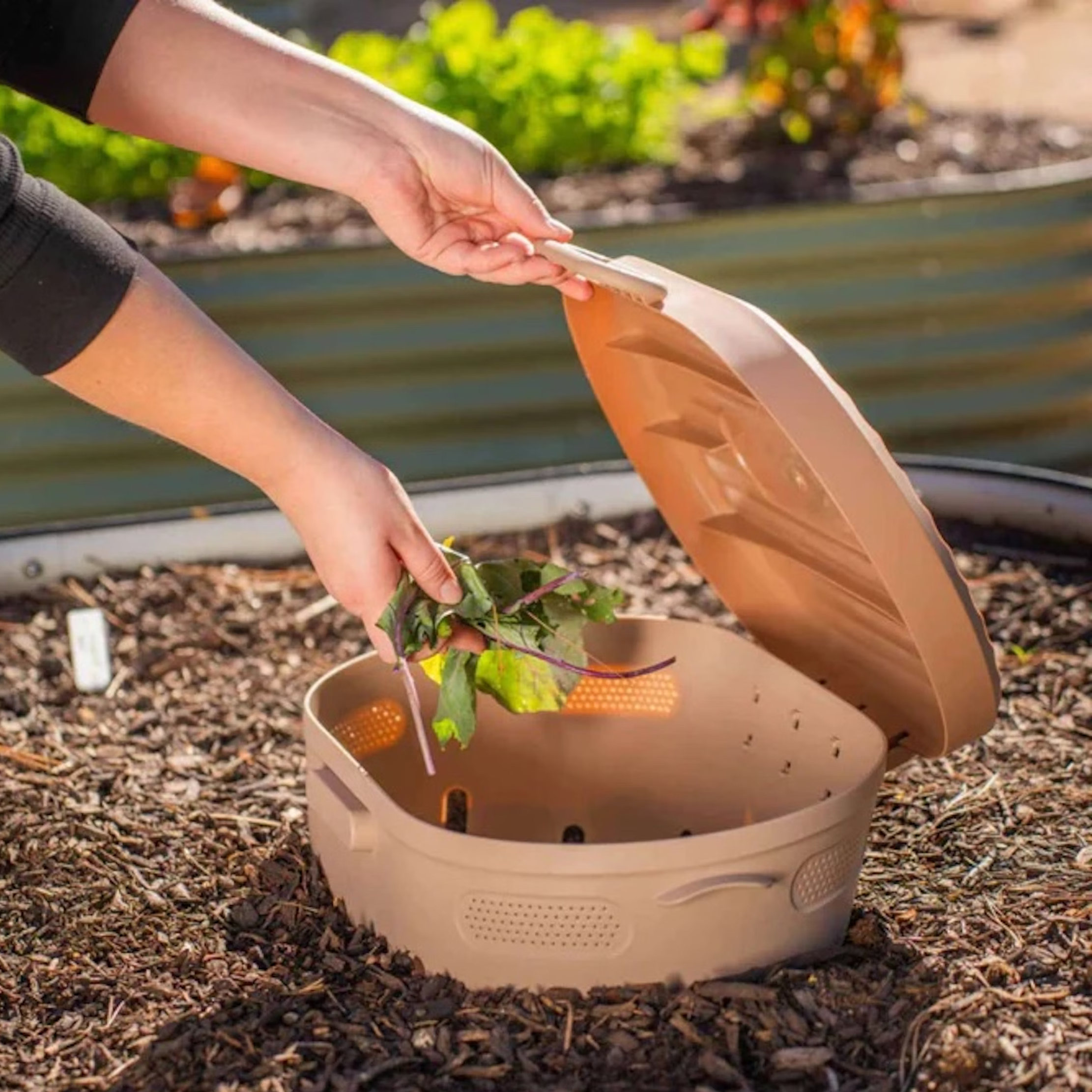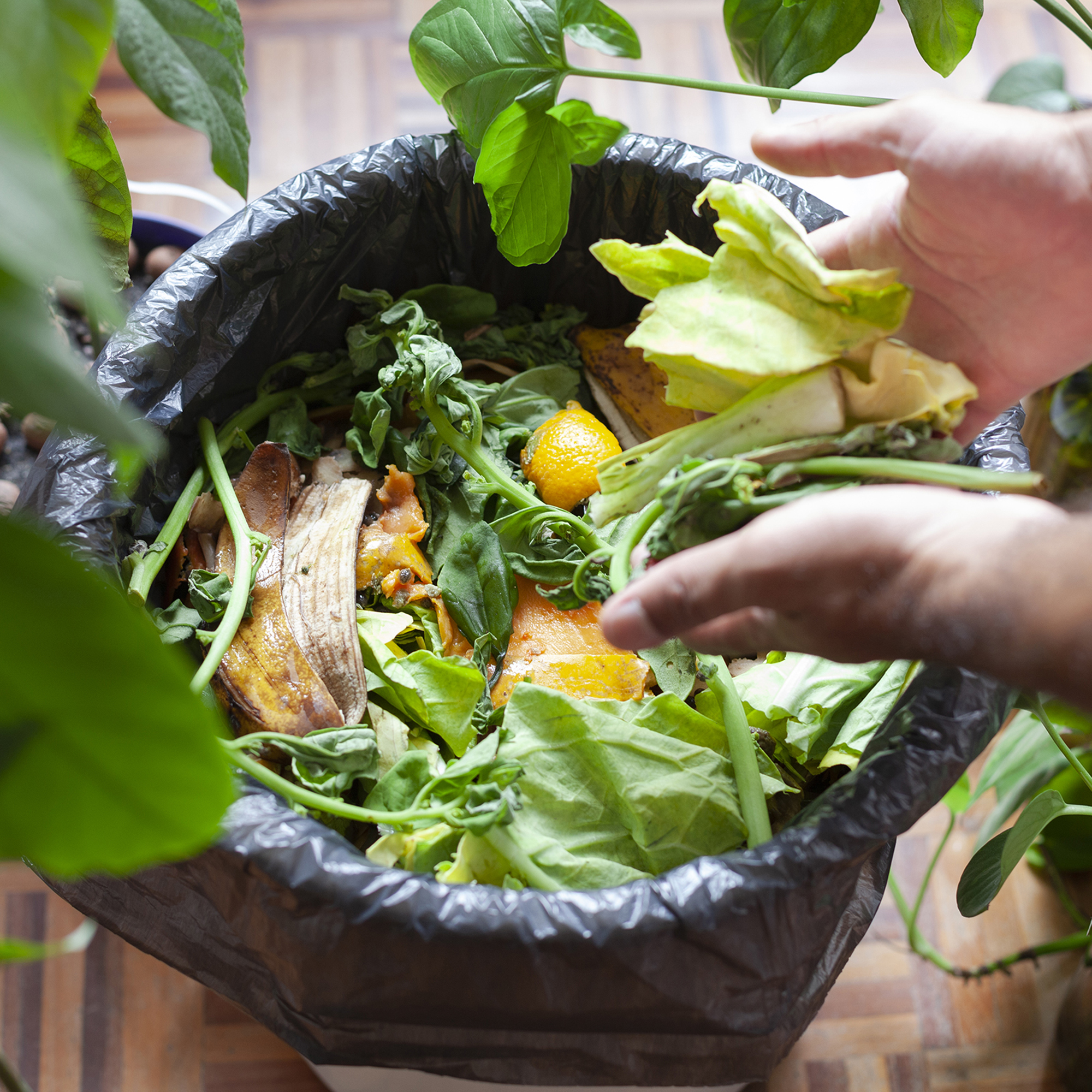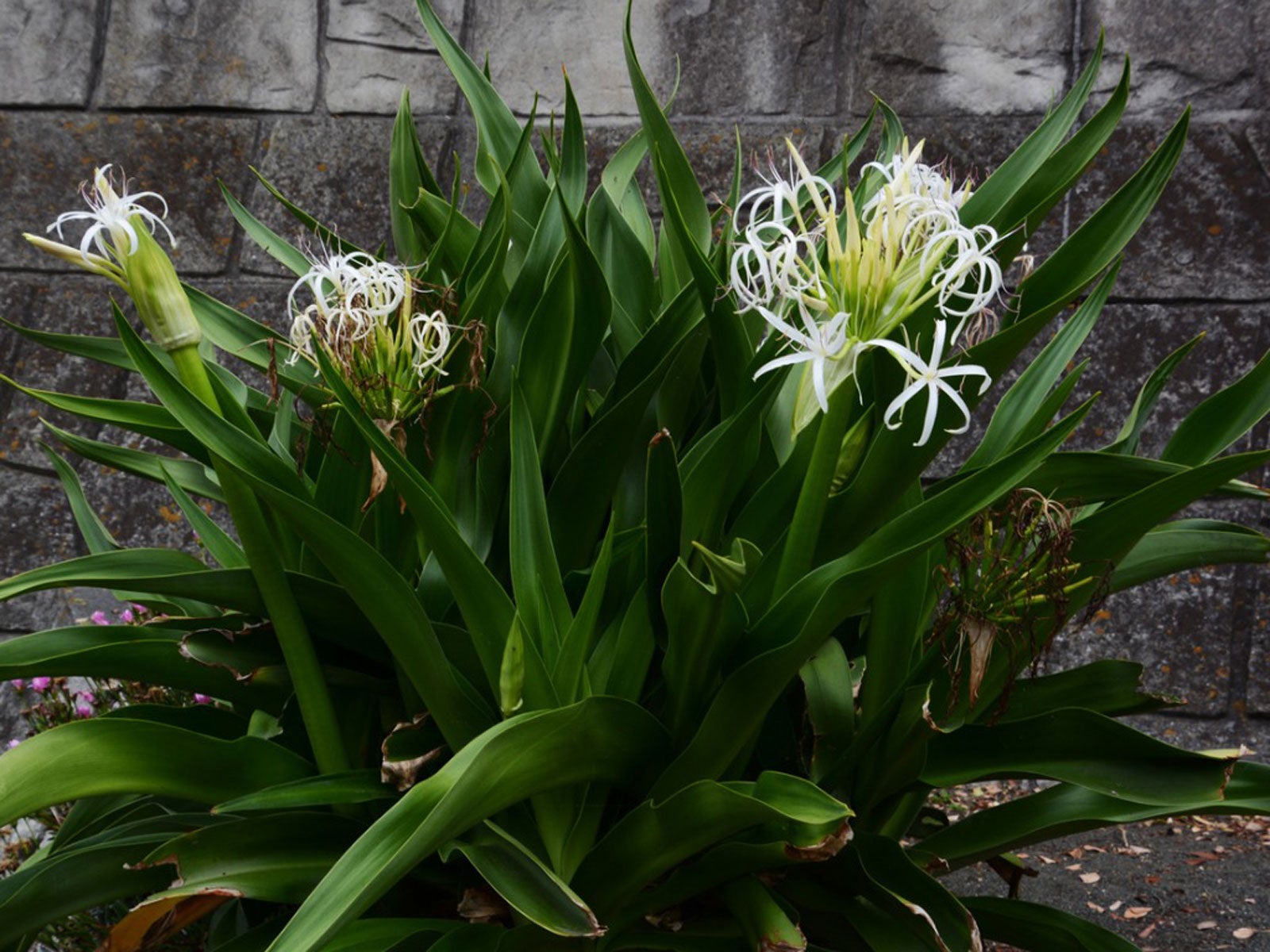Crinum Flowers: How To Grow Crinum Lilies


Crinum lilies (Crinum spp.) are large, heat and moisture loving plants, producing an abundant array of showy flowers in summer. Grown in gardens of southern plantations; many still exist in those areas, overtaken by swamps and bogs. The crinum plant is often referred to as the southern swamp lily, spider lily, or as a cemetery plant, indicating it was often used to adorn graveyards of centuries past. Regaining popularity in the landscape, crinum is usually started from large bulbs, although growing plants can be found in nurseries as well. The crinum plant can also be grown from the large seeds it produces or by offsets called pups. The crinum plant reaches 3 to 5 feet (1-1.5 m.) at maturity and the same around. Foliage is spirally arranged, coarse, and open. It is often used for a short, growing hedge where blooms and fragrance can be enjoyed. Locate crinum lilies in groups, spacing plants 4 to 6 feet (1-2 m.) apart. The coarse, draping foliage may appear unkempt, at which time the crinum plant can be trimmed, removing bottom leaves for a tidier appearance.
How to Grow Crinum Lilies
Plant the large bulbs in full sun or filtered light in early spring. As moisture helps this large plant become established, a few water retention pellets in the soil are useful when planting crinum lilies. A mound of soil around outer edges of the crinum plant helps in directing water to the roots. Bulbs should not sit in water, soil should drain well. Crinum flowers appear in late summer, offering fragrance and large, showy blooms. They are available in a range of cultivars such as pink striped 'Milk and Wine,' and the white flowering 'Alba.' A member of the Amaryllis family, crinum flowers grow on rigid, sturdy spikes (called scapes). In warmer zones, crinum flowers persist for most of the year. Most information indicates the crinum plant is limited to USDA plant hardiness zones 9 through 11, where they function as evergreen perennials with long lasting flowers. However, the resilient crinum lily bulbs are known to exist and keep blooming for decades as far north as zone 7. The crinum plant performs as an herbaceous perennial in colder areas, dying to the ground in winter and shooting up with the daffodils and tulips in spring. Though drought resistant in times of necessity, the crinum lily prefers consistently moist soil unless dormant. Plant a few of the large crinum lily bulbs for showy masses of flowers and fragrance in the landscape.
Gardening tips, videos, info and more delivered right to your inbox!
Sign up for the Gardening Know How newsletter today and receive a free copy of our e-book "How to Grow Delicious Tomatoes".

Becca Badgett was a regular contributor to Gardening Know How for ten years. Co-author of the book How to Grow an EMERGENCY Garden, Becca specializes in succulent and cactus gardening.
-
 Try The Trend – Turn Any Bed Into A Keyhole Garden With This Clever In-Ground Composter
Try The Trend – Turn Any Bed Into A Keyhole Garden With This Clever In-Ground ComposterKeyhole gardening is an efficient and sustainable practice that saves space. Get started on this DIY project quickly and easily with an in-ground composter.
By Bonnie L. Grant
-
 4 Superfast Composting Methods: Turn Waste Into Garden Gold In 30 Days Or Less
4 Superfast Composting Methods: Turn Waste Into Garden Gold In 30 Days Or LessTry the fastest composting methods to turbocharge your pile and transform kitchen scraps and garden waste into finished compost in just a few weeks.
By Mary Ellen Ellis
